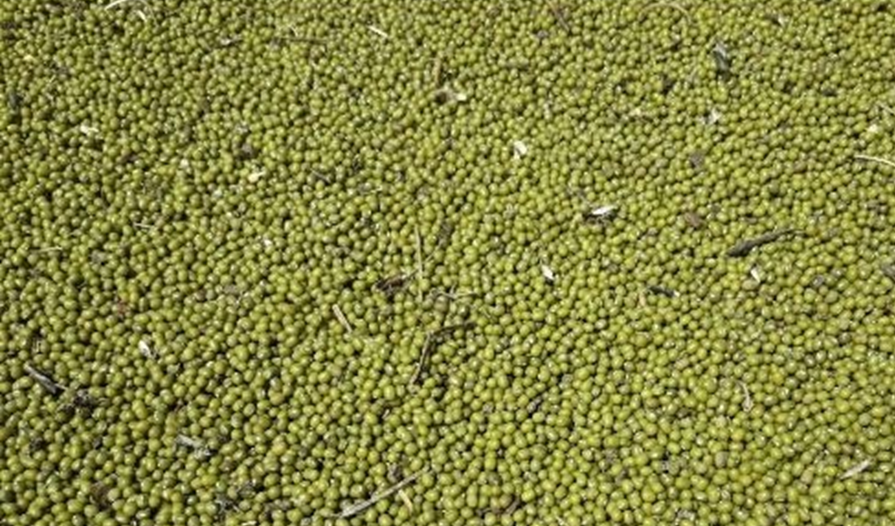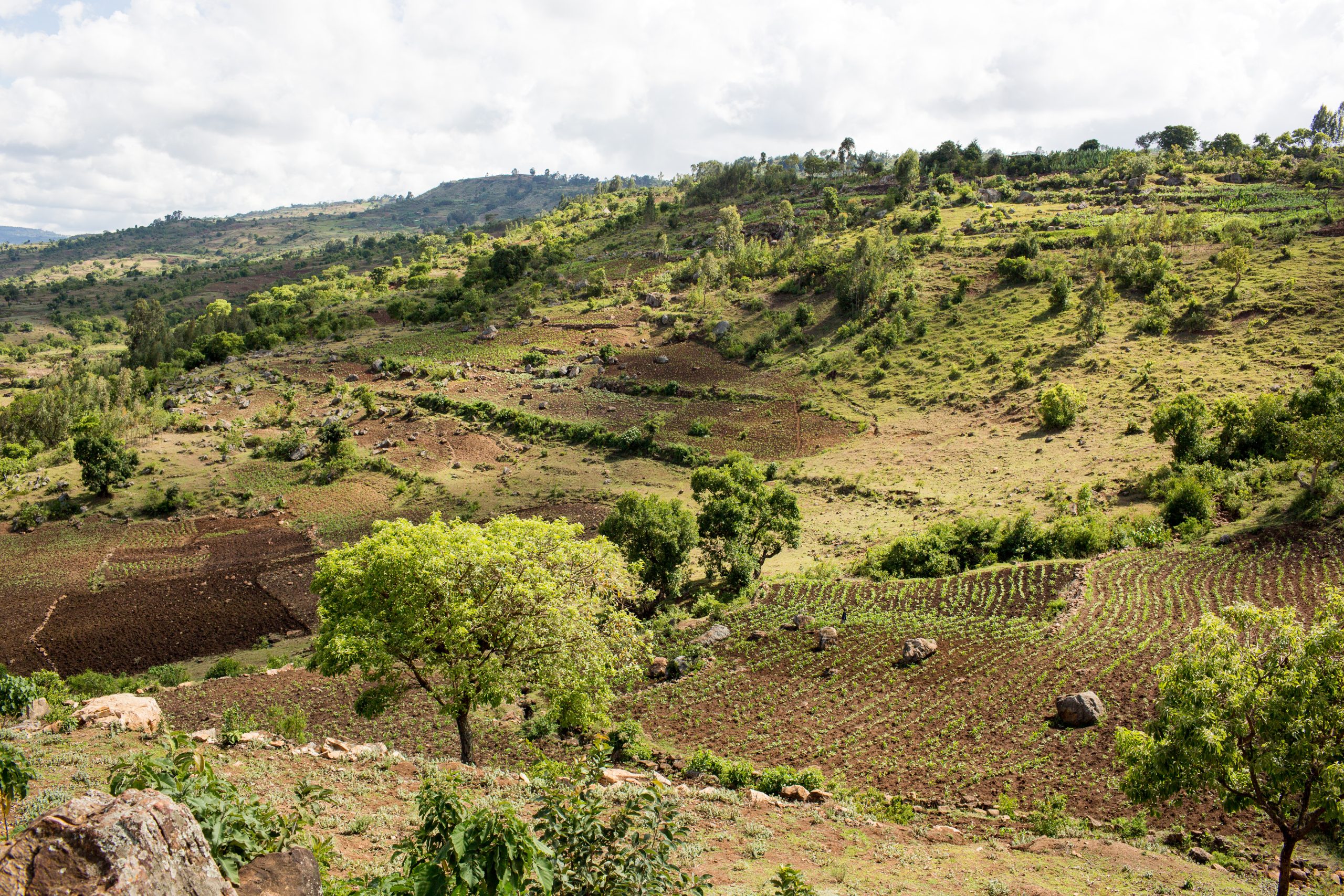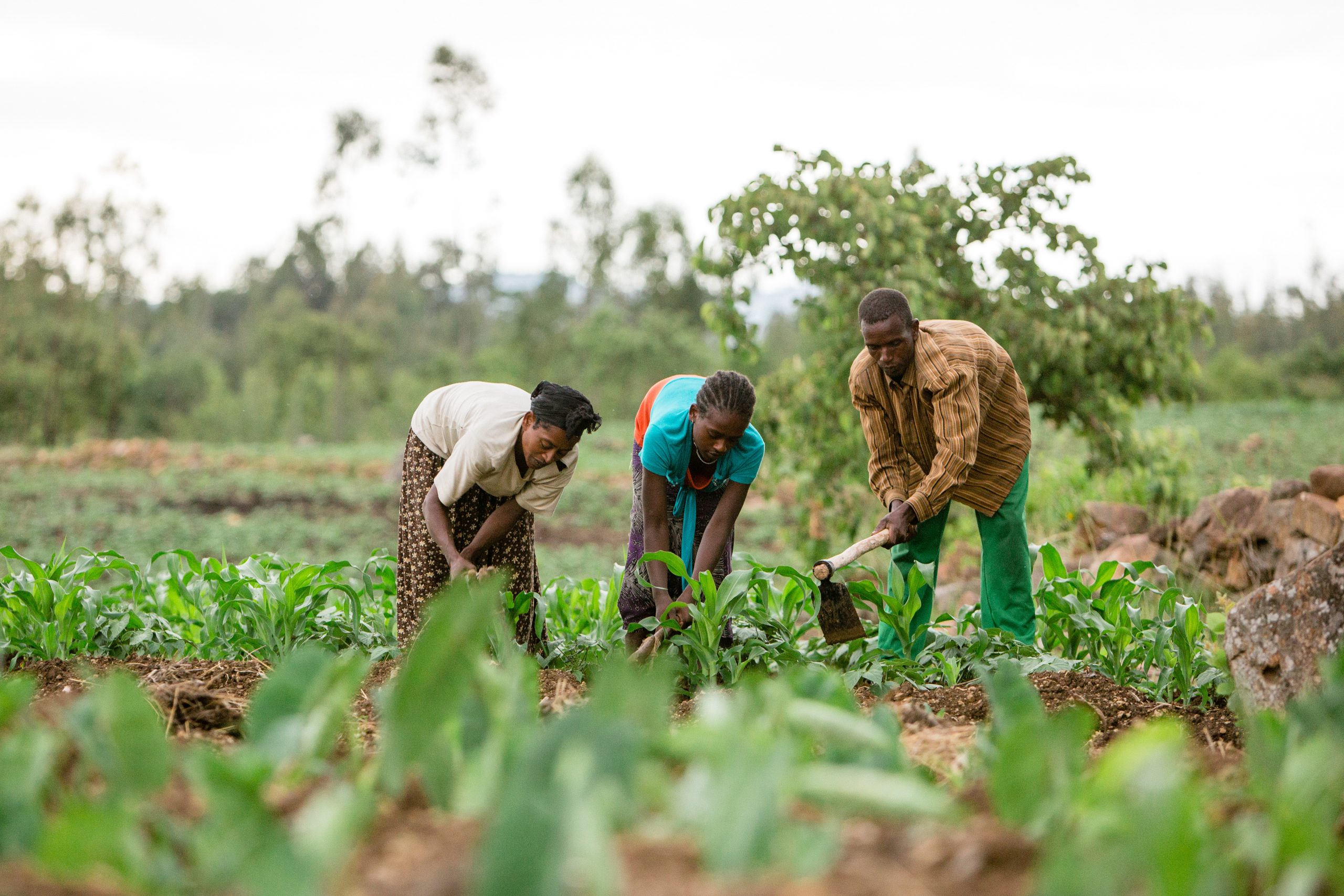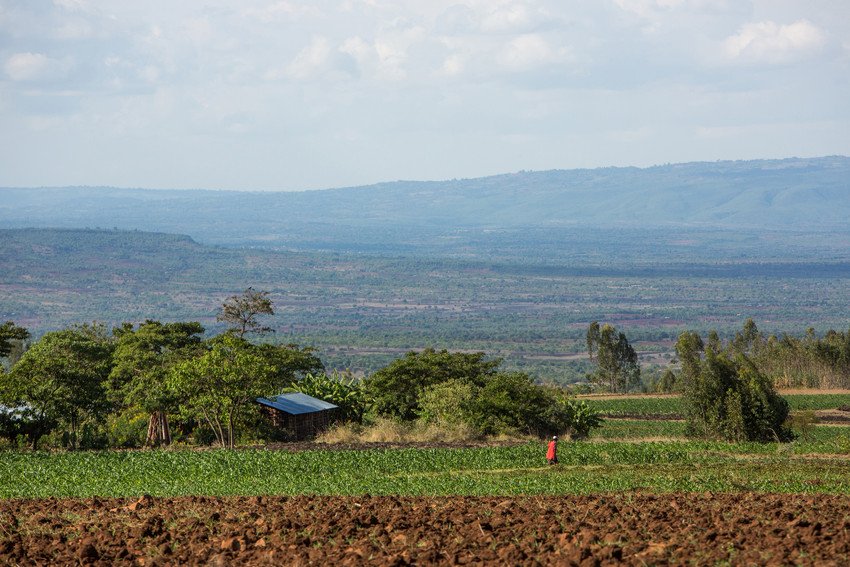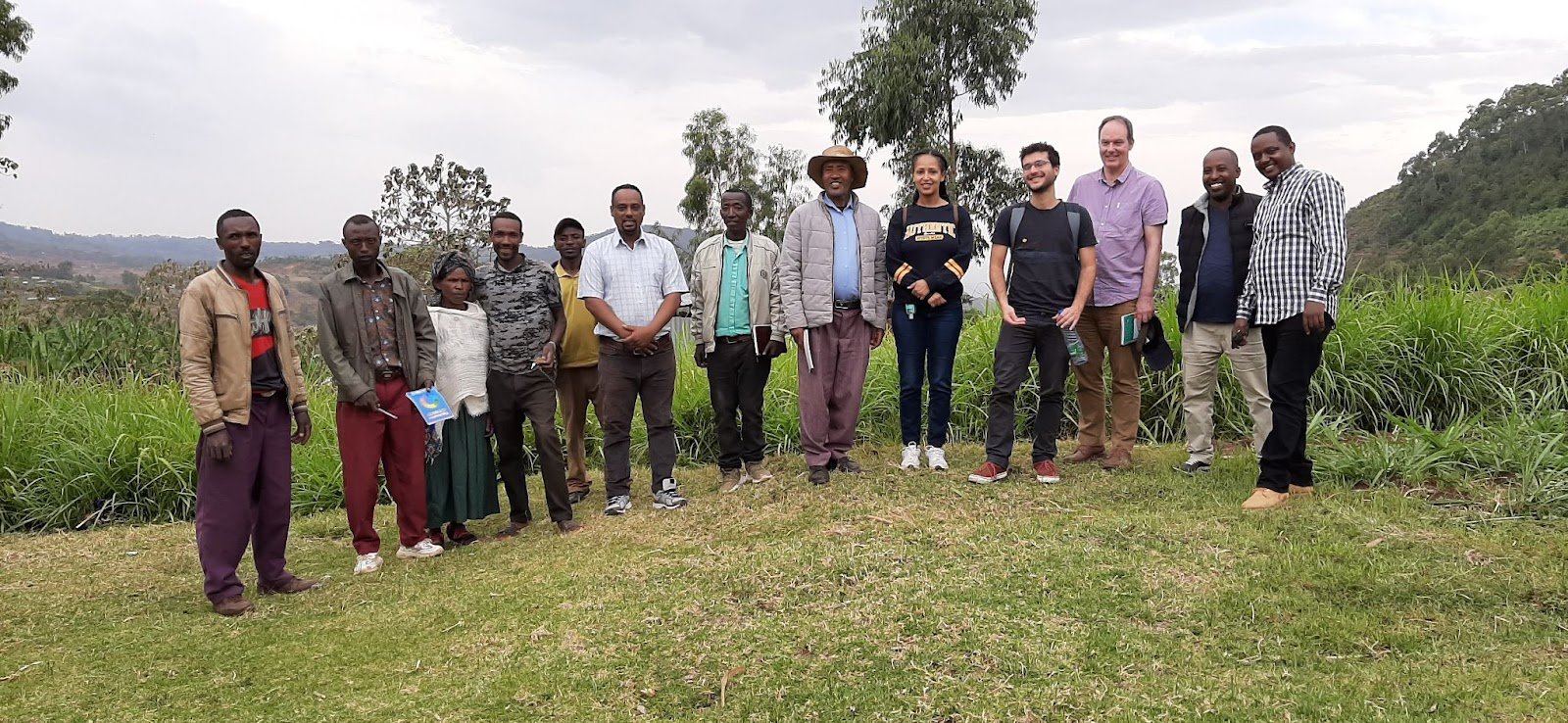The Nuru model in Ethiopia
Established in 2012 Nuru Ethiopia equips Ethiopian farmers and their families to lift themselves out of extreme poverty by moving from subsistence livelihoods to building thriving farmer-owned and farmer-led agribusinesses. Nuru Ethiopia builds community resilience alongside the Government of Ethiopia, the private sector, and civil society. Locally Led Headquartered in Arba Minch, Nuru Ethiopia works in the South Ethiopia Regional State and is oriented for scale. Nuru Ethiopia is a 100% locally-led organization with locally-designed solutions built for driving long-term positive impact for farmers.
Model Highlights
-
Community-Based Market Systems
Over a period of five to seven years, Nuru Ethiopia works together with local agribusiness leaders to strengthen their entrepreneurship. Nuru Ethiopia equips agribusinesses to provide farmers with opportunities to improve their livelihoods and supports the establishment of reliable market linkages for crops and animal husbandry.
-
Inclusive Livelihoods
Nuru Ethiopia supports farmers to increase their incomes and build sustainable and profitable farmer agribusinesses. Nuru Ethiopia links farmers to regional and international markets to increase their profitability.
-
Cultivating Resilience
Nuru Ethiopia strengthens communities, local governments, and the private sector in the face of conflict, climate change, and extreme poverty.
-
What Makes Us Unique?
Nuru Ethiopia works at multiple levels within the market system, including with farmers, cooperatives, and unions. Unions are formal businesses that represent smaller primary cooperatives, enabling farmers to access larger scale transactions and economic efficiency, such as selling a higher volume of produce in international markets. Nuru Ethiopia’s work with agribusiness unions helps farmers increase their profit margins.


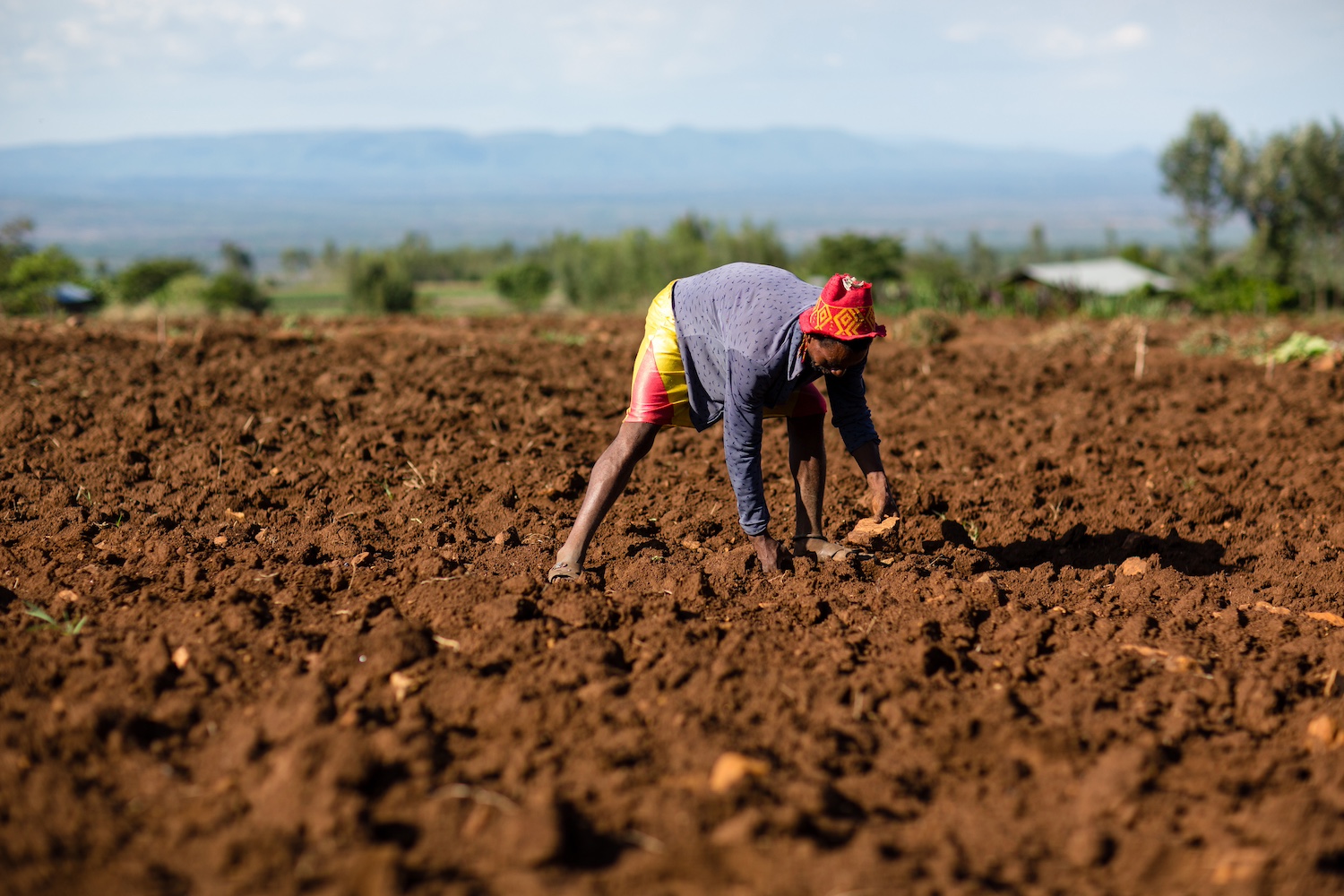
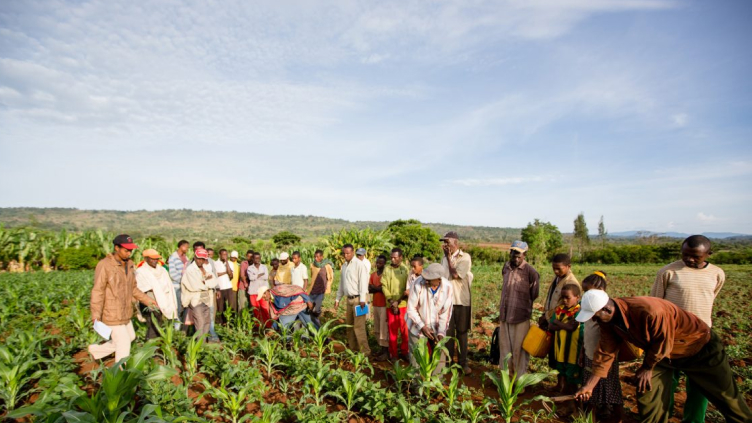
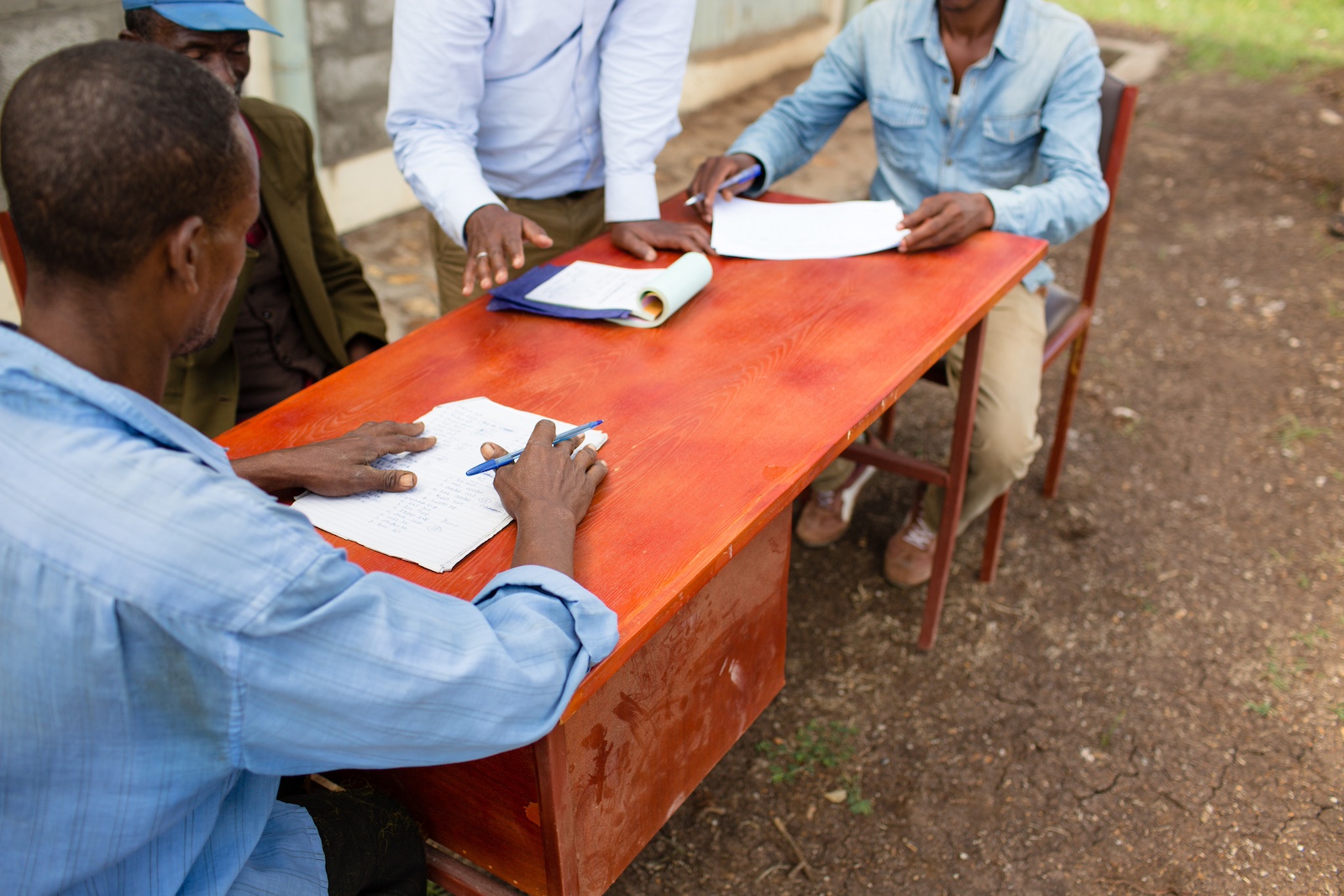
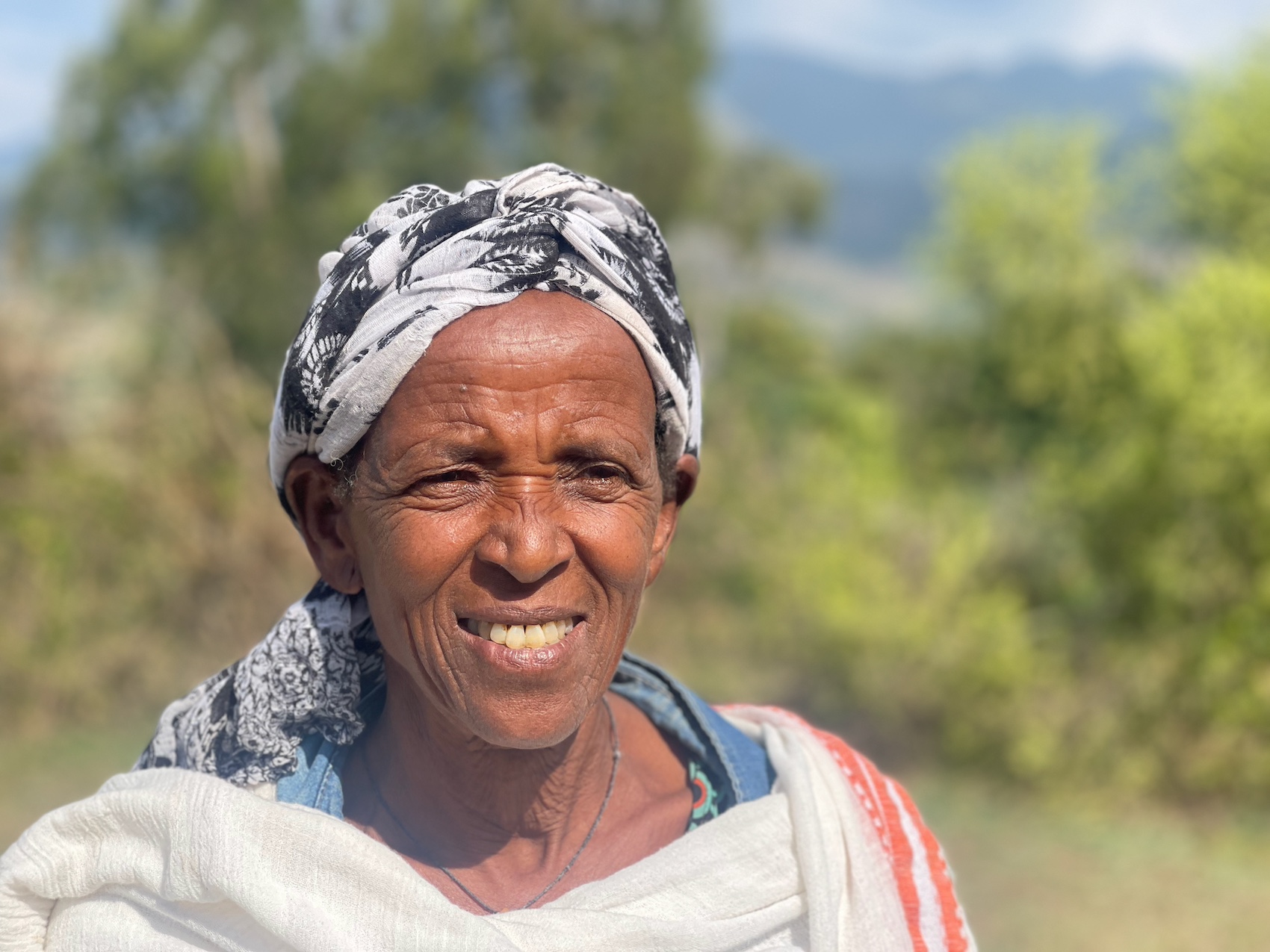
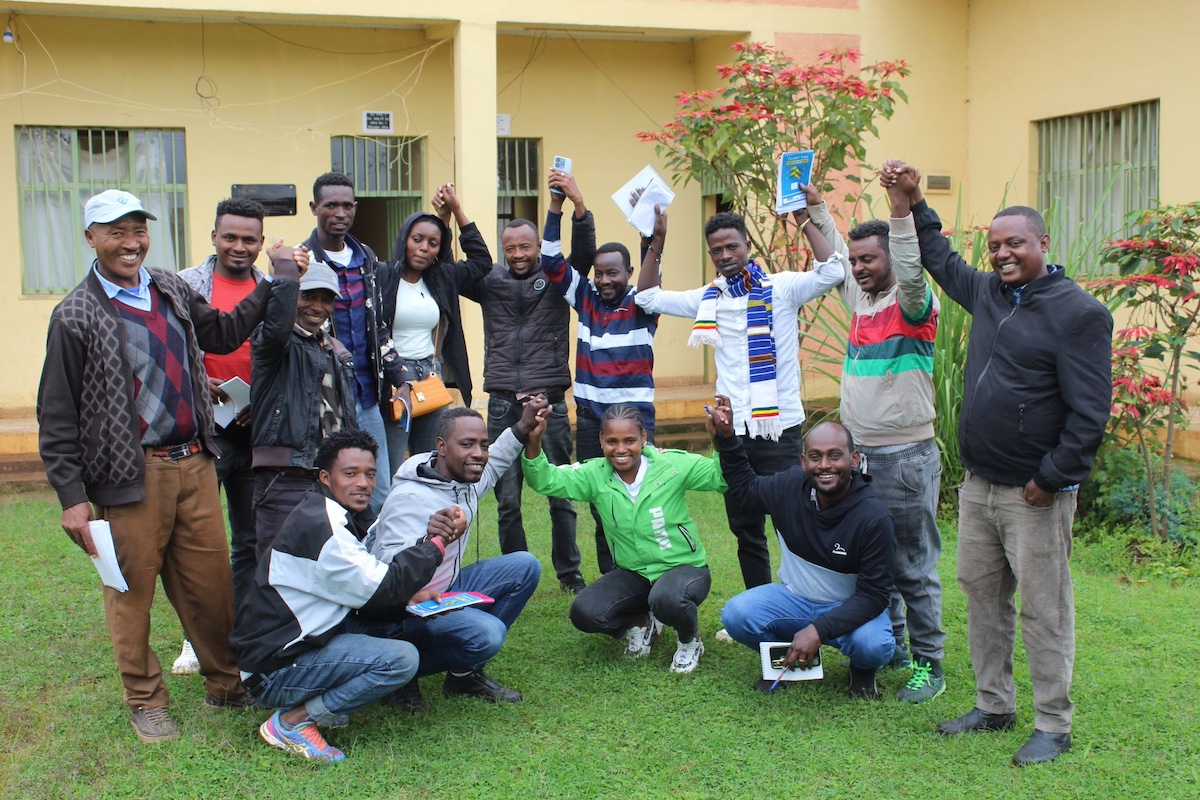
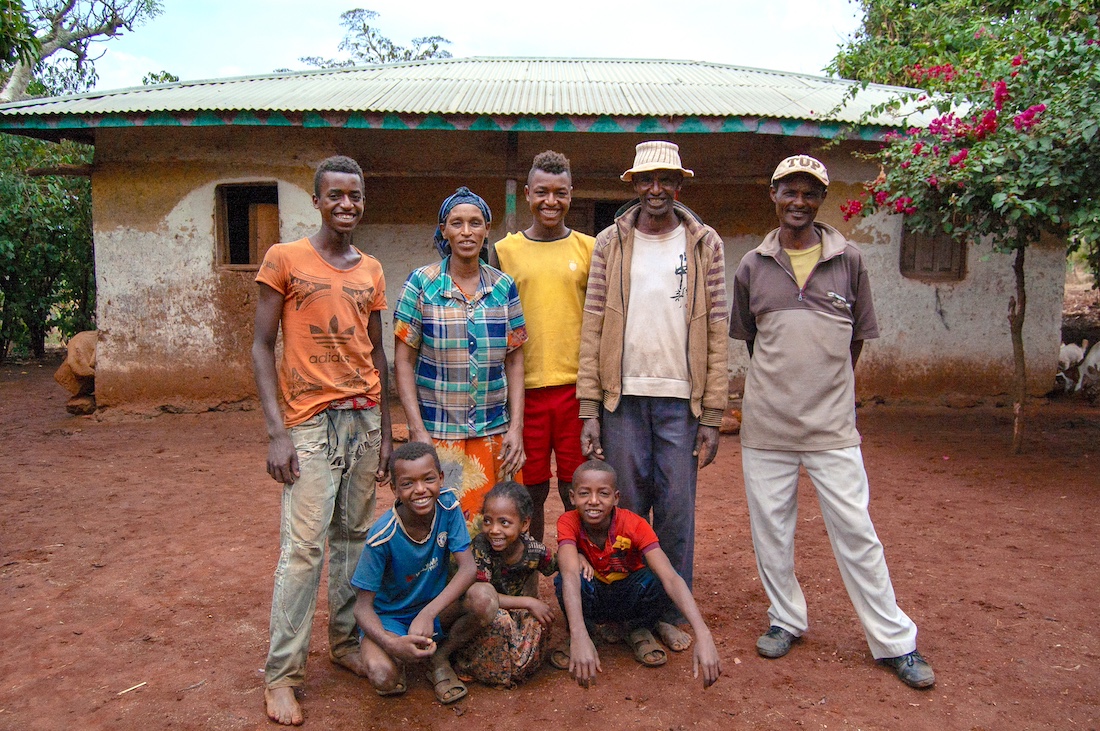
Our Team
Nuru Ethiopia complies with the Authority for Civil Society Organizations and proudly holds a “green” rating (the highest rating possible) for its effectiveness in working within communities in the Southern Ethiopia Regional State.
Strategic Leadership Team
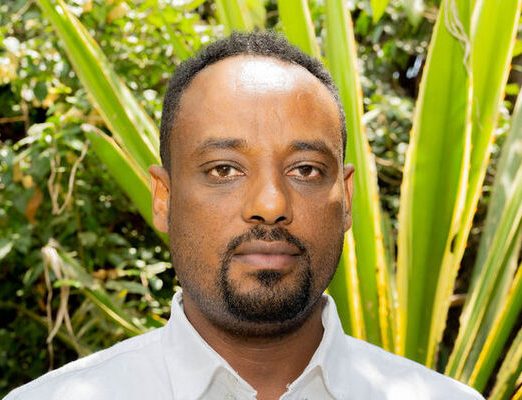 Abiy Meshesha
Managing Director
Born and raised in southern Ethiopia and from a smallholder farming community, Abiy has led local and international NGOs in Ethiopia since 2004. Before joining Nuru Ethiopia on March 2018, Abiy worked as Save the Children International(SCI) Regional READ TA Project Manager in Hawassa, SCI satellite office manager in Hadelaela, EKHC DC Medan ACTS Manager in Dilla, and South Adventist Academy Vice Principal in Hawassa. In addition, he worked on short-term emergency projects with Medicins Sans Frontiers. Abiy holds an MA in Sociology and BA in Education.
Abiy Meshesha
Managing Director
Born and raised in southern Ethiopia and from a smallholder farming community, Abiy has led local and international NGOs in Ethiopia since 2004. Before joining Nuru Ethiopia on March 2018, Abiy worked as Save the Children International(SCI) Regional READ TA Project Manager in Hawassa, SCI satellite office manager in Hadelaela, EKHC DC Medan ACTS Manager in Dilla, and South Adventist Academy Vice Principal in Hawassa. In addition, he worked on short-term emergency projects with Medicins Sans Frontiers. Abiy holds an MA in Sociology and BA in Education.
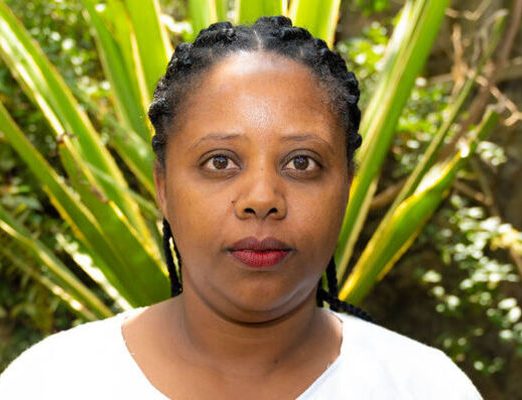 Yemisrach Sintayeu
Finance & Administration Coordinator
Yemisirach joined the Nuru Ethiopia team in March 2018. She received her BA in Accounting and Finance from Arba Minch University in Accounting and Finance in 2011 and for seven years served as an Accountant at Southwest Evangelical Churches, Mekane Yesus Synod Development and Social Service Commission. She is passionate about working to improve the health and living conditions of people living in extreme poverty, and especially seeing women and girls have opportunities to chart a path toward a better life. She has substantial experience in accounting and financial management.
Yemisrach Sintayeu
Finance & Administration Coordinator
Yemisirach joined the Nuru Ethiopia team in March 2018. She received her BA in Accounting and Finance from Arba Minch University in Accounting and Finance in 2011 and for seven years served as an Accountant at Southwest Evangelical Churches, Mekane Yesus Synod Development and Social Service Commission. She is passionate about working to improve the health and living conditions of people living in extreme poverty, and especially seeing women and girls have opportunities to chart a path toward a better life. She has substantial experience in accounting and financial management.
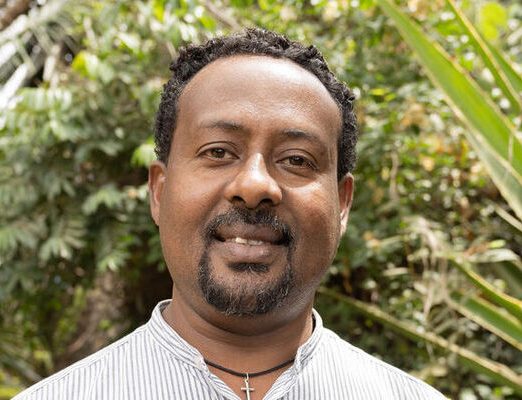 Tatek Amataw
Monitoring & Evaluation Program Manager
Born and raised in the heart of Sheger, Tatek has 15 years of professional experience in program management and monitoring and evaluation. He has worked for humanitarian and development organizations such as ICRC, IFRC, British Red Cross, GOAL Ethiopia, Comic Relief and Cordaid. While in the Red Cross, Tatek had the fortune of travelling extensively throughout Ethiopia and working with the most vulnerable communities across the country. He also worked with Somali, Eritrean and South Sudanese refugees during which he witnessed the traumatic effects of armed conflicts on non-combatants. Tatek, who earned his BSc from Addis Ababa University in Applied Mathematics, enjoys watching and playing soccer and also reading about the intriguing mysteries of the universe of which we are a part.
Tatek Amataw
Monitoring & Evaluation Program Manager
Born and raised in the heart of Sheger, Tatek has 15 years of professional experience in program management and monitoring and evaluation. He has worked for humanitarian and development organizations such as ICRC, IFRC, British Red Cross, GOAL Ethiopia, Comic Relief and Cordaid. While in the Red Cross, Tatek had the fortune of travelling extensively throughout Ethiopia and working with the most vulnerable communities across the country. He also worked with Somali, Eritrean and South Sudanese refugees during which he witnessed the traumatic effects of armed conflicts on non-combatants. Tatek, who earned his BSc from Addis Ababa University in Applied Mathematics, enjoys watching and playing soccer and also reading about the intriguing mysteries of the universe of which we are a part.
Staff
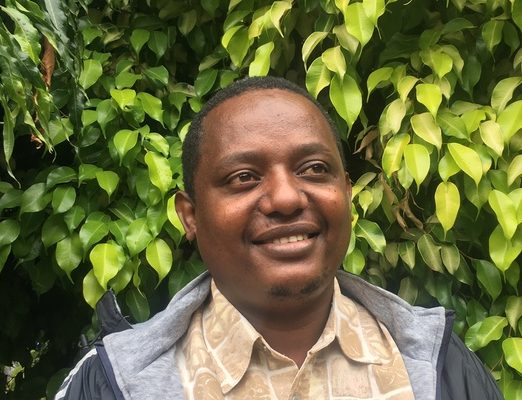 Biruk Abayneh
Cooperative & Agribusiness Program Manager
Biruk Abayneh
Cooperative & Agribusiness Program Manager
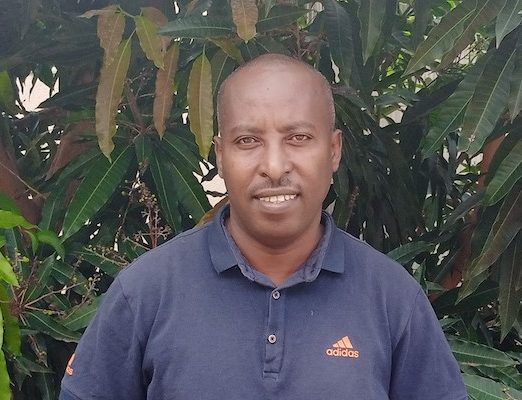 Zerihun Woldesenbet
Agriculture Extension Rural Livelihoods - Program Manager
Zerihun Woldesenbet
Agriculture Extension Rural Livelihoods - Program Manager
Funders and Partners
Nuru Ethiopia is proud to be supported by and a member of a system of change-makers supporting rural Ethiopia.
Lend Your Support
Be Hope. Be Nuru.
When you give, you bring hope to farmer families and their communities.
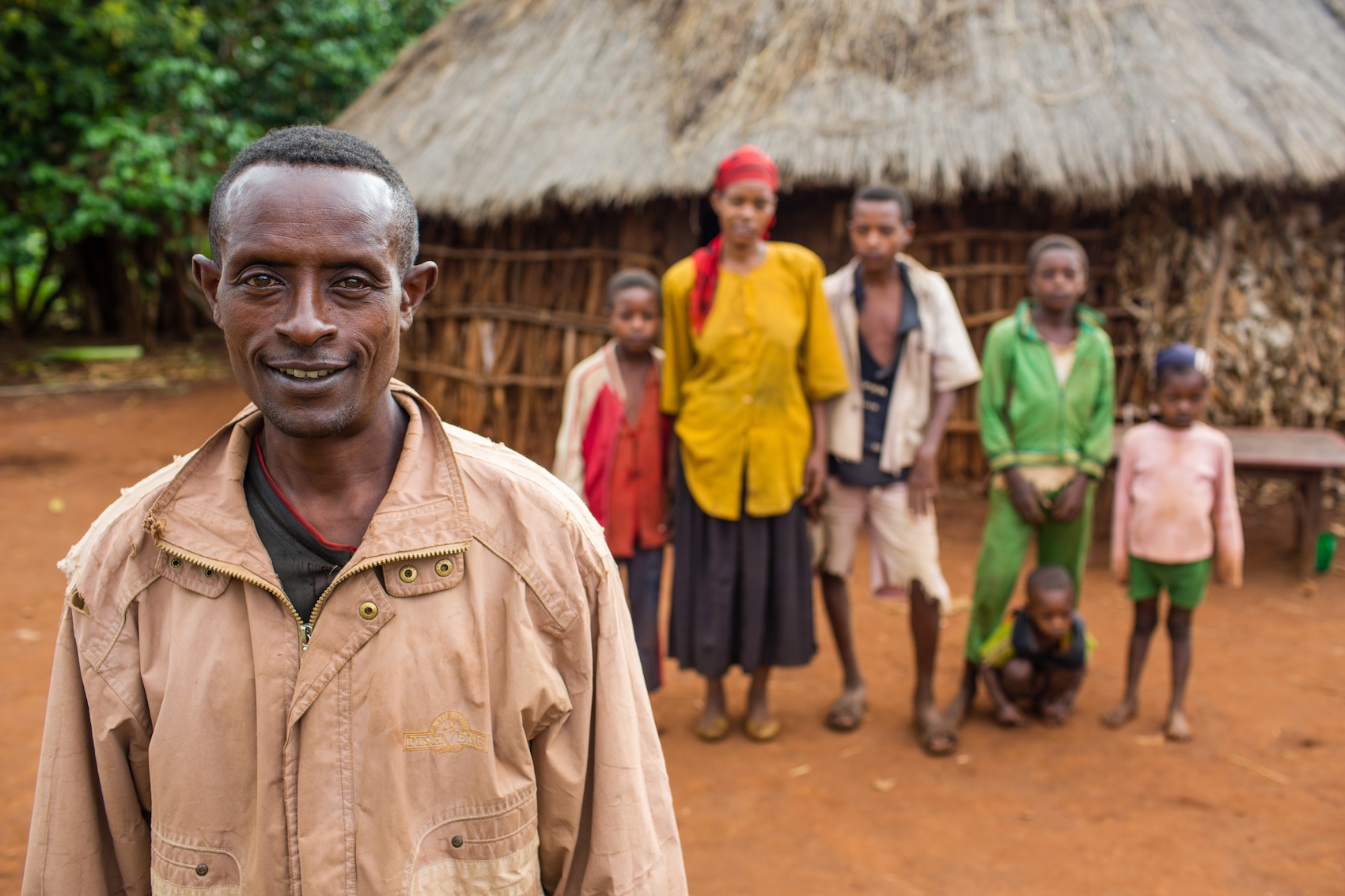
Nuru Ethiopia, Ermais, 2014
Financials
Nuru Ethiopia’s Financials are managed by a third-party accounting agency to ensure rigor and transparency. Through this innovative partnership, our team can focus our efforts more on adapting, improving, and scaling our operations.
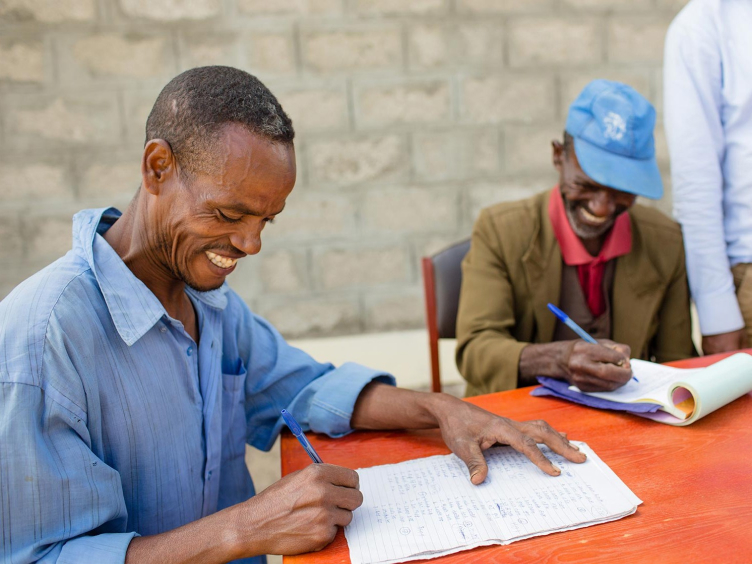
FAQs
-
Why is your organization named Nuru? What does that mean?
Nuru is a Kiswahili word meaning light or hope. As an organization, we aim to inspire hope in marginalized communities that experience systemic injustices and the compounding issues of instability and poverty. To learn more about our approach, click here.
-
What are market linkages?
In its simplest form, a market linkage is the formal or informal relationship between a buyer and a seller of a good or service. In Nuru’s work, this relationship is between cooperative agribusinesses and private-sector consumer-facing companies or traders. Nuru local organizations act as facilitators and mediators, helping to develop trust and efficiencies between buyers and sellers that do not currently exist and that lead to stable business partnerships and, eventually, contracts.
-
How does Nuru work with women? Does Nuru work exclusively with women?
Nuru adheres to the gender minimum standards across interventions. Nuru organizations work through a women-first approach, and encourage women’s participation in leadership and decision-making roles in their communities. Nuru recognizes the importance of inclusivity in its approach, advocating that sustainable progress towards equality necessitates the active involvement of men, women, and youth in interventions. Learn more here.
-
What does climate change adaptation mean?
Climate change adaptation is the action of adjusting our behaviors, systems, and ways of life to the present and future impacts of climate change. Adaptation is focused on reducing the risks associated with harmful climate-related events and, where applicable, utilizing any potential opportunities, like longer growing seasons. Learn more here.
-
What is resilience?
Resilience is the capacity of a system or person to withstand or recover quickly from a shock or stressors. Especially while working in vulnerable and marginalized communities, Nuru cannot unlock economic potential without building resilience to shocks and stressors experienced by the local community. Much of the resilience is context-specific to the areas in which Nuru works. For instance, while one community may be primarily concerned with instability due to violence, another area may experience relative peace, but widespread drought. Communities often experience a combination of many different stressors all at once. To learn more about how Nuru measures its impact on resilience capacities, please see the Nuru Nigeria Resilience Study.
-
What is economic potential?
By ensuring rural people have the opportunity to act on their knowledge, skills and abilities, Nuru supports their journey in achieving their unique economic potential. Economic potential is the capacity to produce goods and services. As an entrepreneurship-promoting organization, Nuru promotes the perspective that financial gains must be bounded by environmental, social and economic responsibility. Nuru believes in an optimistic world where human ingenuity and collaboration contribute to shared prosperity. Nuru works to provide an enabling environment, through business development services and training that remove barriers for youth, women and marginalized populations, equipping them to tap into their vast economic potential.
Contact Us
Want to learn more about our work or support our efforts? Use our contact form to reach out.
"*" indicates required fields



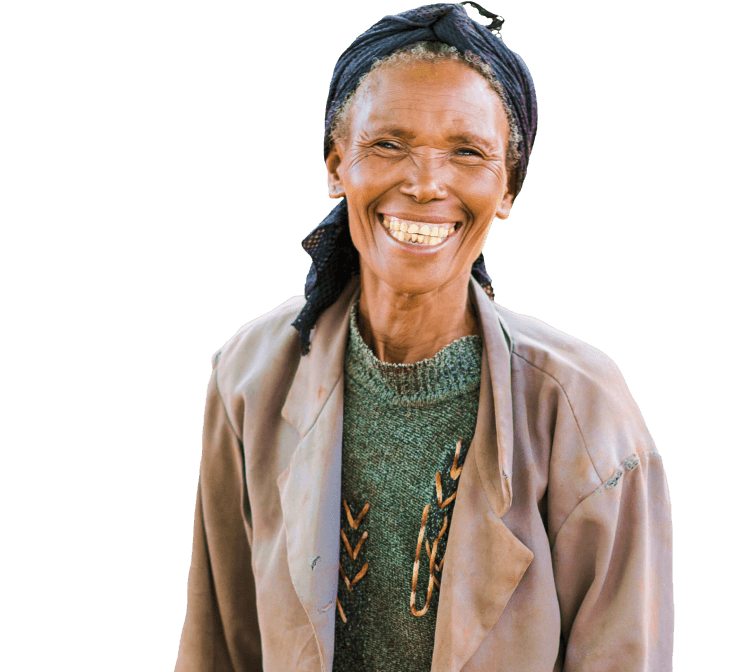

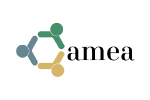
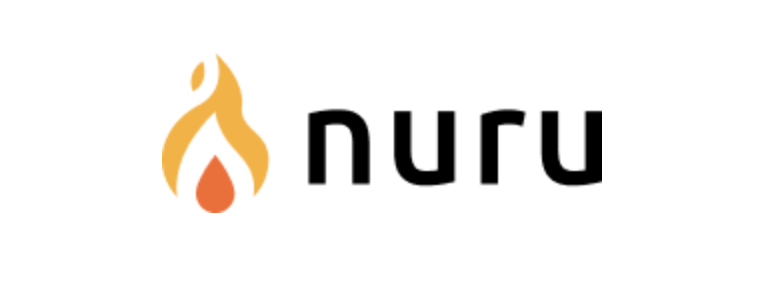
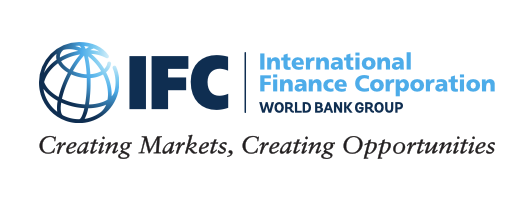
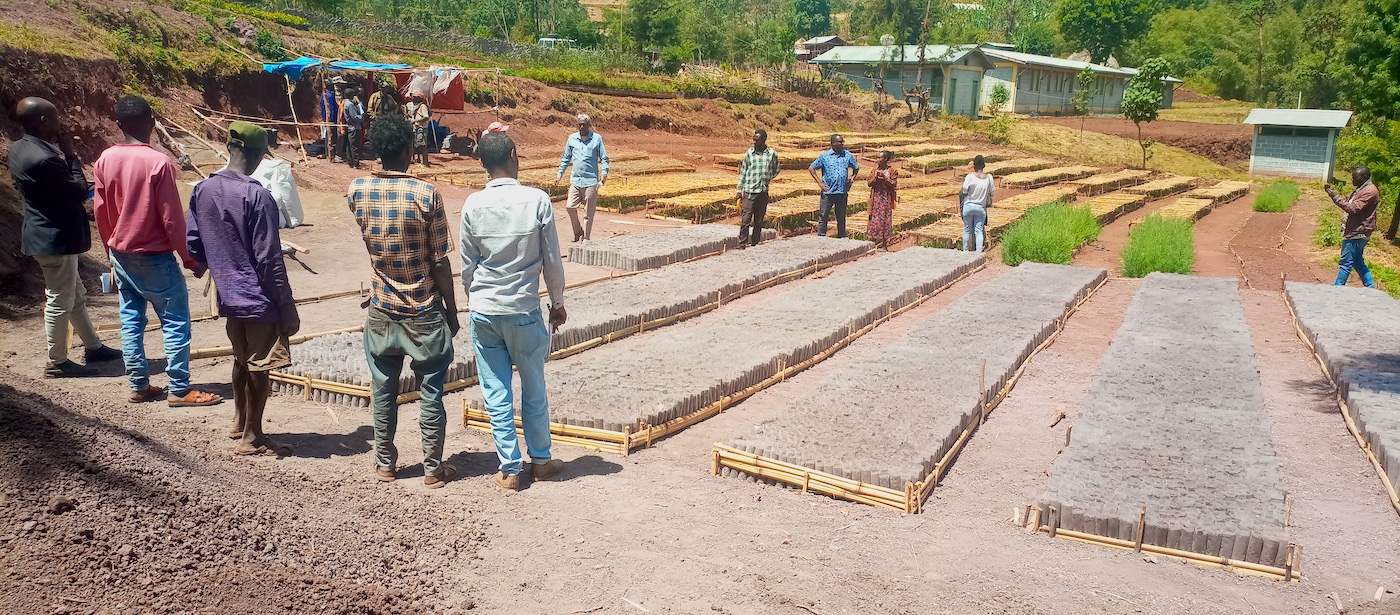
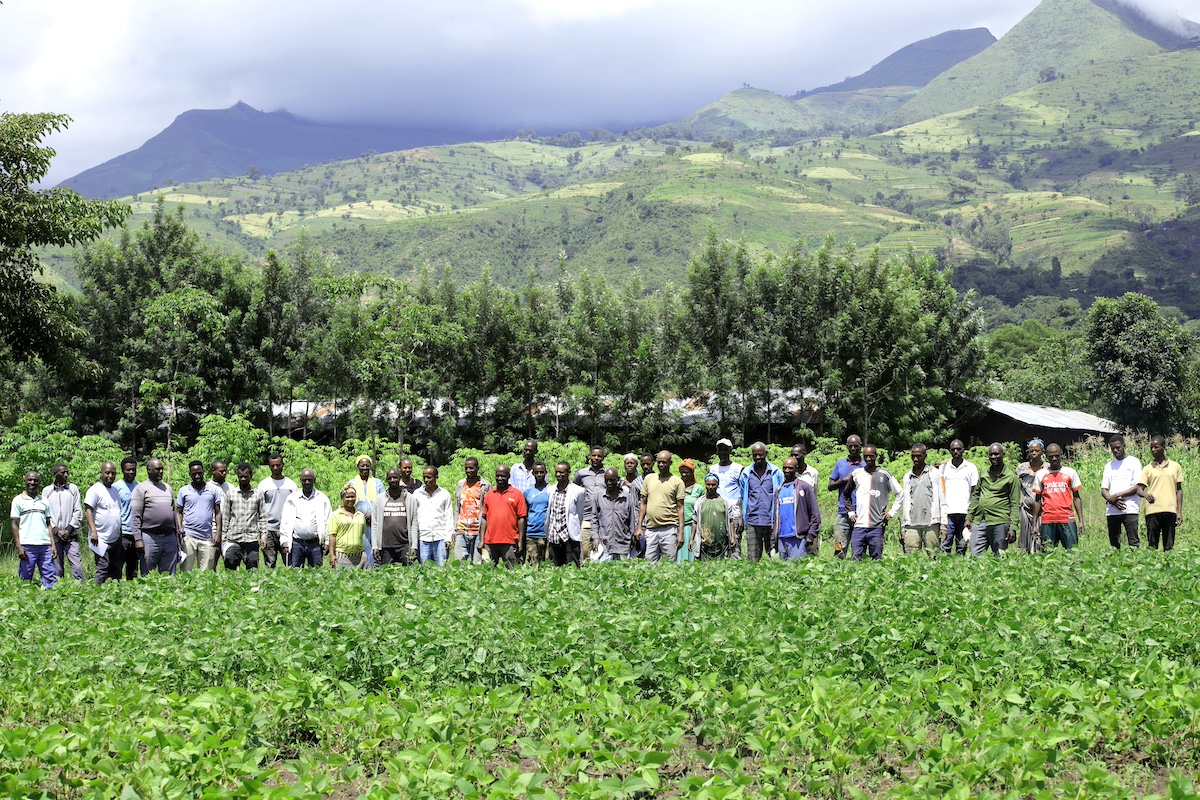
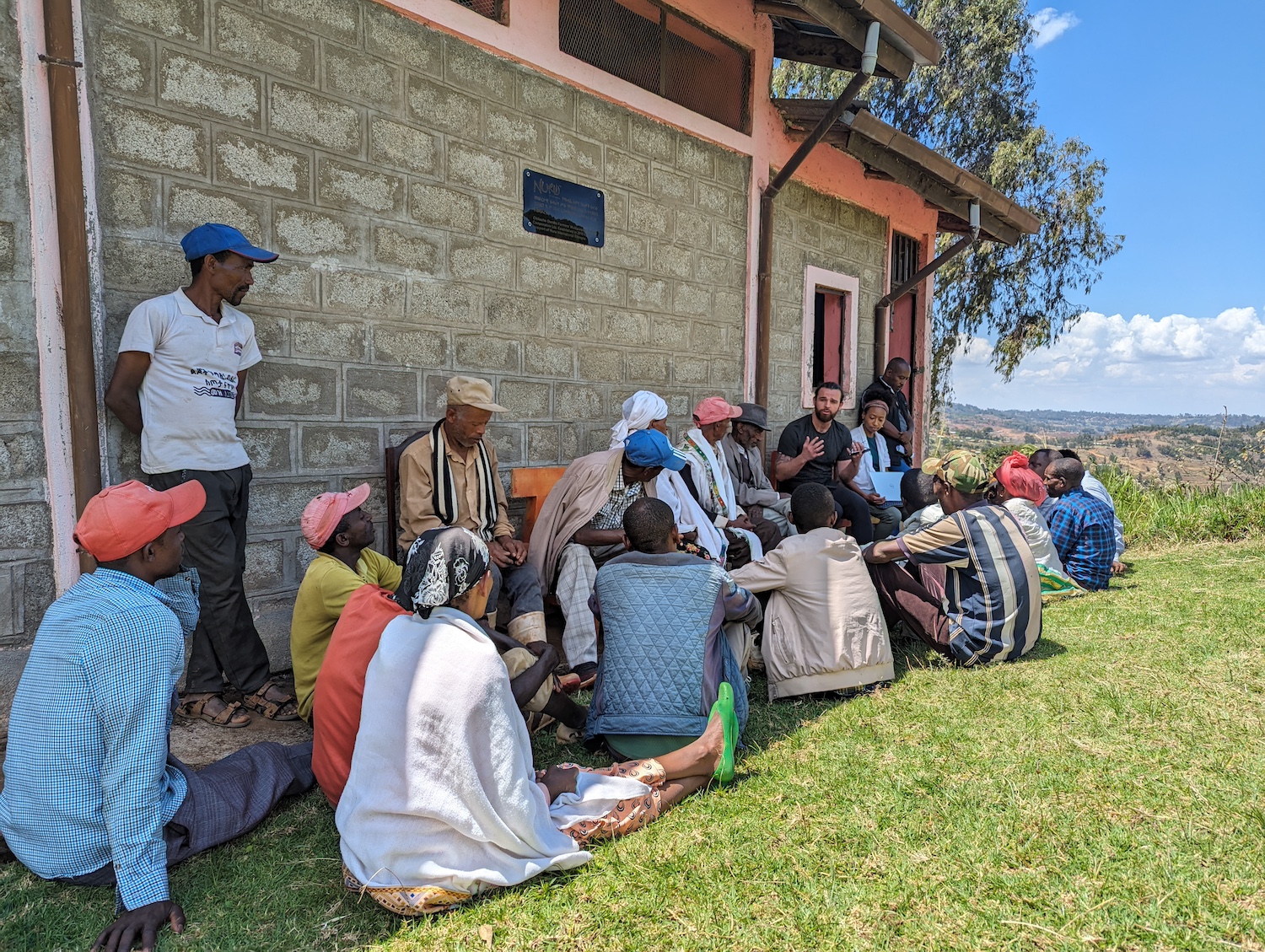
![Nuru Ethiopia Partners with Health[e]Foundation to Bridge Health’s Digital Divide](https://nuruinternational.org/wp-content/uploads/2024/03/HEF_NE_Pic2-1-1.jpg)
